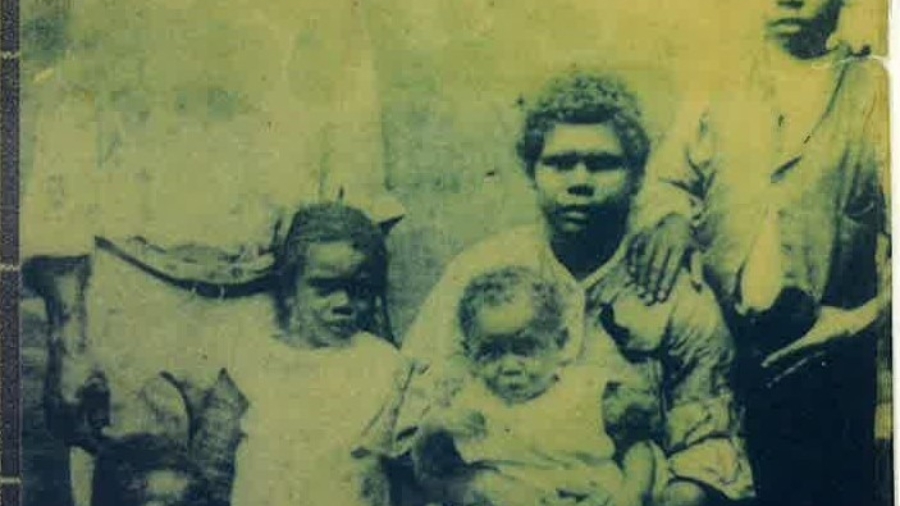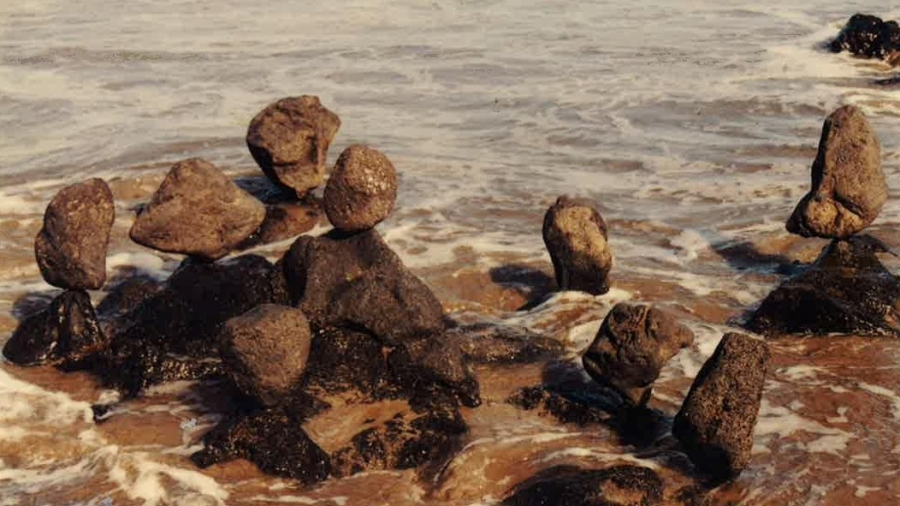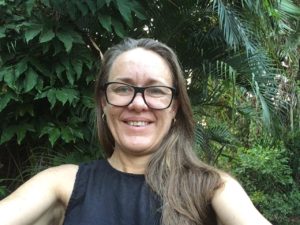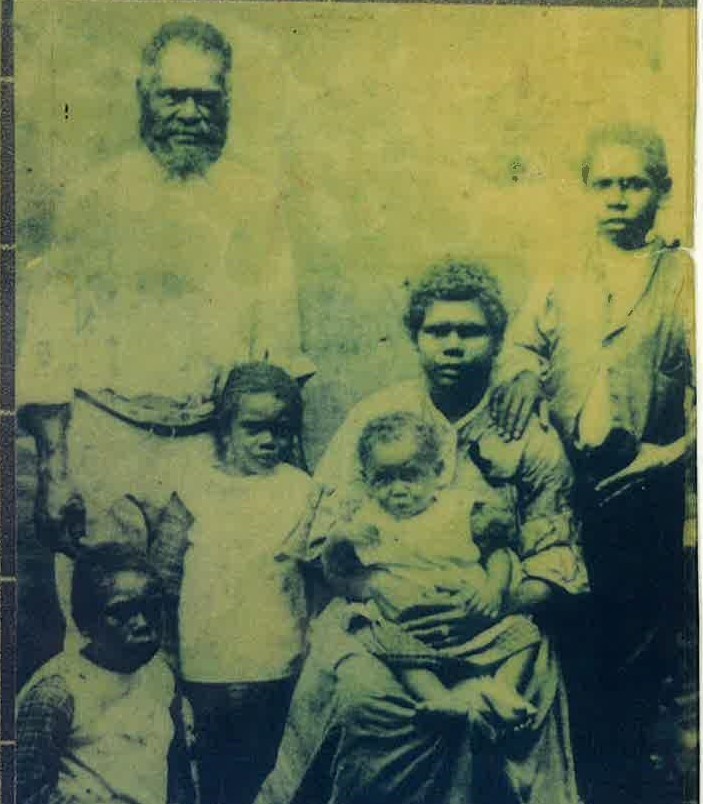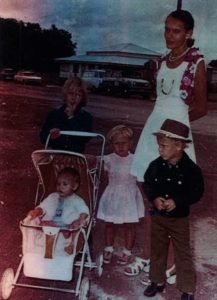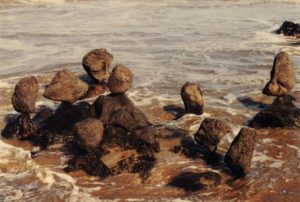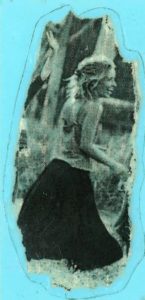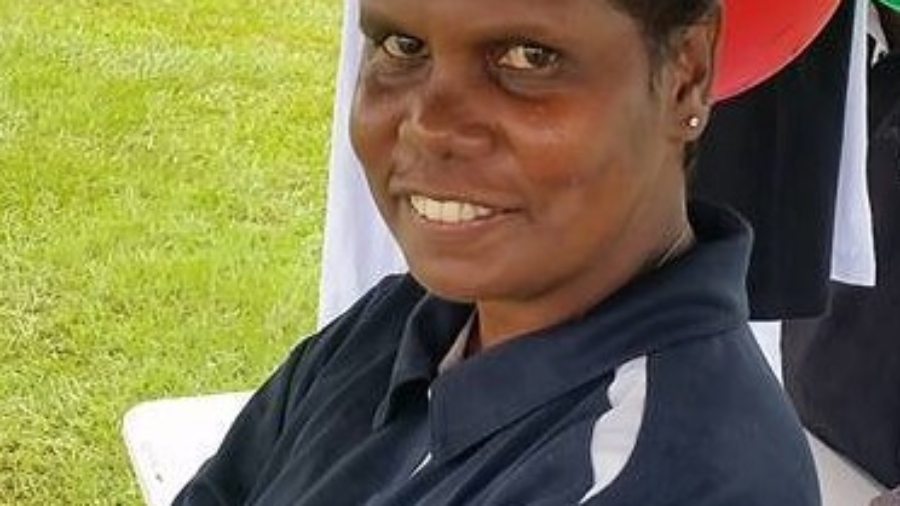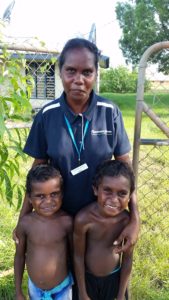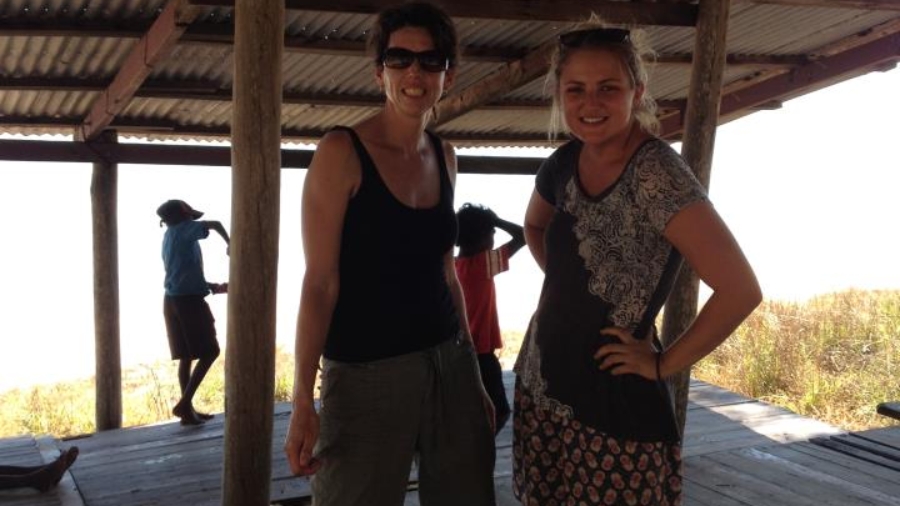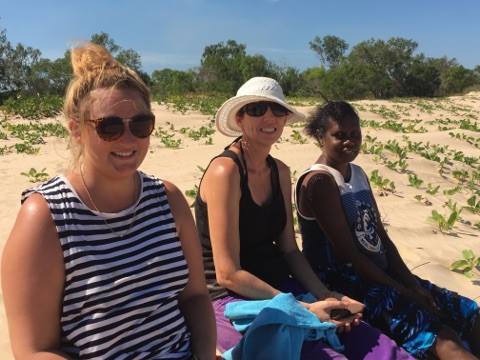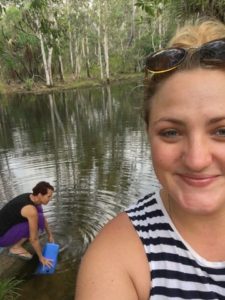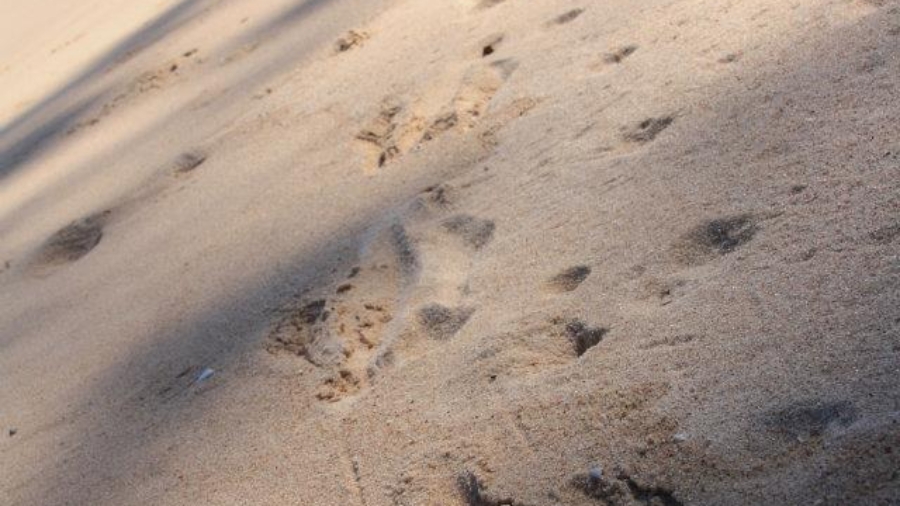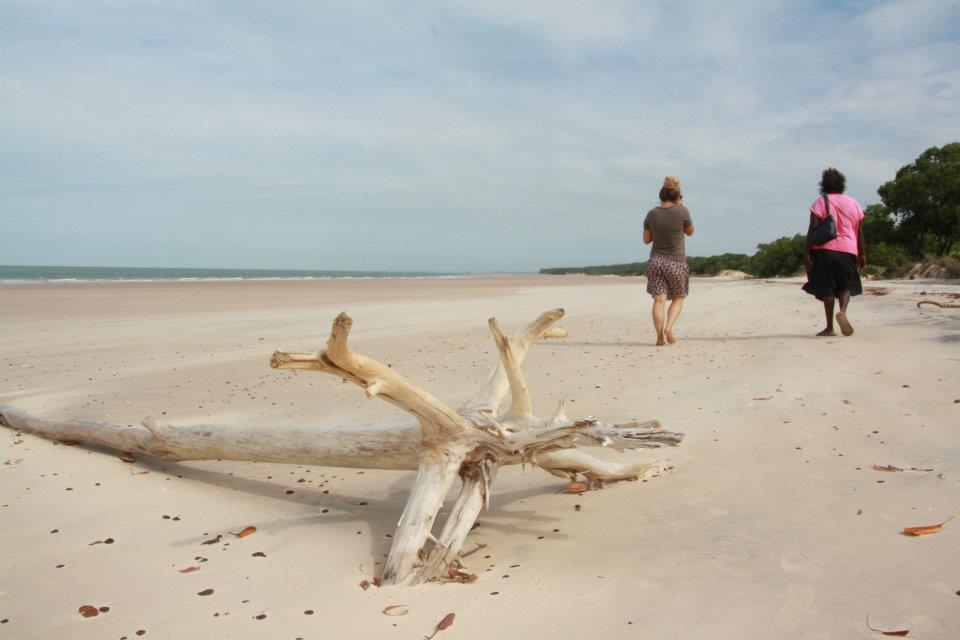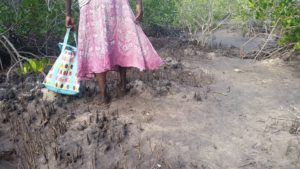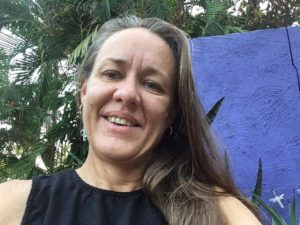
The bold and beautiful Josephine Lee
Welcome back to Part 2 of my conversation with Josephine Lee, an inspiring Senior Aboriginal Social worker who has traversed all breadth of social work and currently finds herself supporting children, families and schools in remote parts of the NT.
We are often told that we can’t change the world, even though we enter social work to do just that. After listening to this conversation with Josephine, you will walk away with renewed belief that change really IS possible!
Be prepared to be confronted and have your white middle class assumptions challenged, as we head into part two of my conversation with Josephine.
While it was an easy decision for me to interview Josephine surrounded by the beauty of nature, doing so means being open to the elements. So I apologise for the sound quality at those times when the wind picked up.
This episode covers:
- Why Josephine is very comfortable with who she is and what she has to offer the world
- What it’s like to walk to two worlds and how it impacts on Josephine’s work
- Racism in social work
- Why politeness goes out the window so Josephine can be the best she can be as a human being
- The importance of holding adults accountable for the harm they have caused
- Strengthening the voices of compassion and human decency
- How to be a change agent for the right reasons
- How boldness can help us all shine in the world
- Authentic warrior-like self care for practitioners with a trauma history
- Establishing authentic connection in this risk-averse world
- The gifts of ‘Kuleana’ from Hawaii and ‘Dadirri’ from Daly River for living and working authentically
- Our responsibilities for ourselves, each other and the planet
- Packing the essential sense of humour and relishing moments of joy
- Reflections on suicide in Aboriginal communities and society’s response
We hope you enjoy this episode of ‘Talk the Walk’. And if you or someone you know would make a great interview on ‘Talk the Walk’ send us an email from the Contact Page.
Warning: occasional explicit language.
Just click on the Play Button below and enjoy! We hope to have ‘Talk the Walk’ listed on popular podcatchers like iTunes very soon. Or subscribe by email via our Home Page.
Things to follow up after the podcast
In the song ‘What a Wonderful World’, Israel Kamakawiwo’Ole uses the word “Kuleana“.
Josephine says “Kuleana is the value of responsibility. It drives self-motivation and self-reliance, for the desire to act comes from accepting our responsibility with deliberate intent and with diligence. We want to be held accountable. Responsibility seeks opportunity. Reciprocal relationship between the person who is responsible, and the thing which they are responsible for.”
About Desmond Tutu
About Nelson Mandela
About Barack Obama
A Truly Civil Society by Eva Cox, 1995 Boyer Lectures
Josephine says “This book and many other writers that I’ve been fortunate to have been exposed to or read in depth, raised further my awareness around “don’t forget that humans have constructed society”, the busyness, franticness and dehumanising processes. It can be deconstructed and reconstructed.”
Aboriginal Social Work writers that have influenced Josephine’s practice:
Connect with Josephine Lee on Linked In
Podcast: Play in new window | Download
Subscribe: RSS

